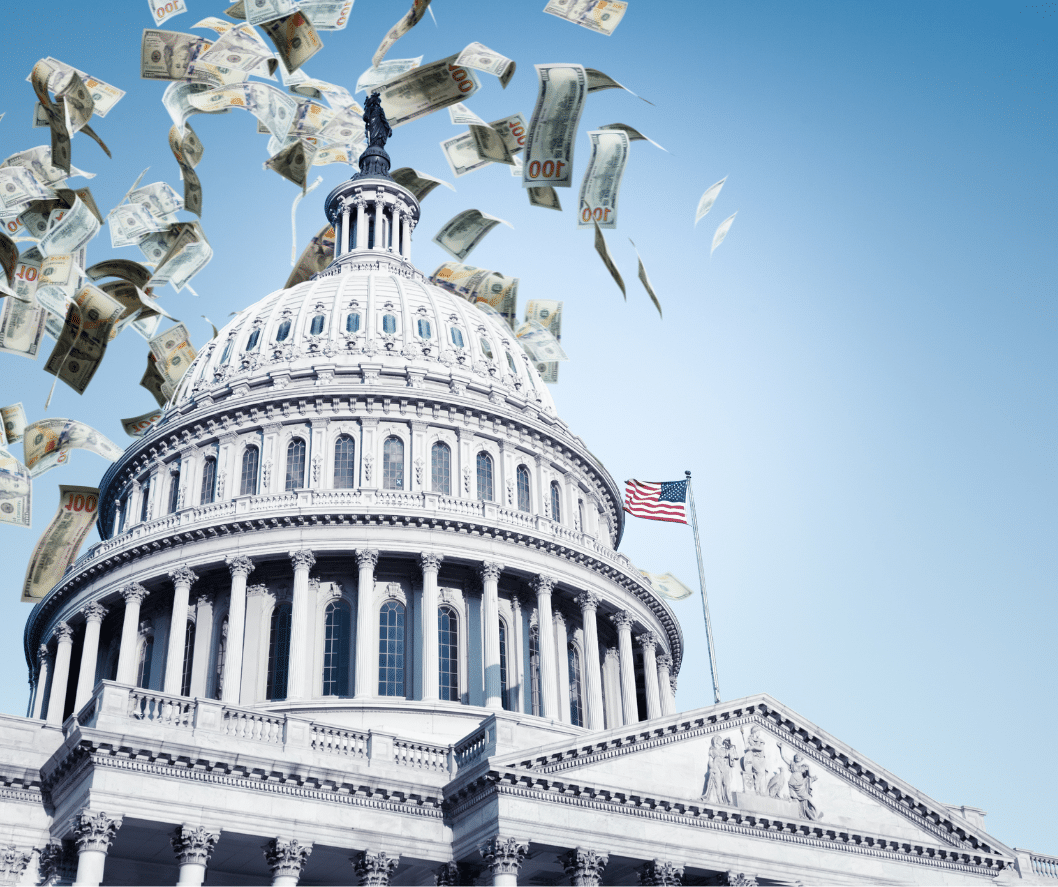A lot of lawmakers have worked towards making government more open and transparent. It follows the time-tested principle of “the more citizens know, the better our government functions.”
Just recently, Sen. Chuck Grassley (R-IA) co-sponsored a bill with Sen. Arlen Specter (R-PA) that would subject another government entity, the Smithsonian Institution, to the Freedom of Information Act (FOIA). We think it is about time.
The Smithsonian, that venerable institution that holds Dorothy’s ruby slippers from the Wizard of Oz, the Spirit of St. Louis, and houses pandas at the National Zoo, has had some accounting problems of late. While seventy percent of the Smithsonian's funding comes from taxpayers, the Washington Post and others have detailed spending abuses by the former head including a million dollar entertainment budget for his residence.
In the 1990s, court rulings held that the Smithsonian’s status as a “trust” put it outside the scope of FOIA. Considering that in fiscal year 2008 taxpayers provided the Smithsonian with $871 million, the public should be able to peek at their records and documents to better understand where our money is going. So it is high time that the “nation’s attic” be brought under the law.
A natural follow up question is, shouldn’t the Congress that is approving the Smithsonian’s budget also be subject to greater disclosure laws under FOIA? Because the Congress writes the laws, they conveniently left themselves (and the courts) out of FOIA and this recent bill.
So if you want to find out what the research arm of Congress is digging up – tough luck. Or find out decision making records, congressional correspondence, accounting documents – no dice.
It took a lot of years (eleven) to get a FOIA bill passed in 1966. And it took a lot of public and media pressure to get President Johnson to sign the bill. Now the public needs to put that spotlight on Congress.
Sure, disclosure is getting better and the Thomas web site reveals much of Congress’ work. And recent changes have required some disclosure of earmarks. But there is much more that Congress hides from view and which the public never gets the chance to see. Even on the earmark front, the Senate slammed the door on revealing letters that describe the beneficiaries of earmarked funds and neither chamber requires lawmakers to disclose all they request, instead of just the earmarks they obtain.
This is not impossible and certainly works with representative democracy. Maybe certain items should be off limits, but that’s true of Executive branch FOIA as well. Several states, such as Florida and Wisconsin, have FOIA-type disclosure laws that require state legislatures to be open. It can be done.
So while we support Sen. Grassley’s efforts to open up the Smithsonian, why stop there? There’s more work to be done to open up the people’s house and make Congress a paragon of transparency.










